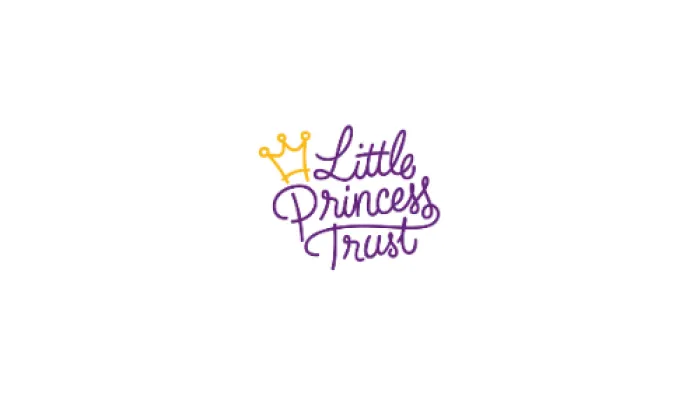Funded by the Little Princess Trust and administered by CCLG
Lead investigator: Dr Shelby Barnett, Newcastle University
Award: £309,592.00
Awarded May 2025
The challenge
In the UK, about 400 children are diagnosed with acute lymphoblastic leukaemia (ALL) each year. While most patients can be treated successfully, 15-20% of these patients relapse and need further treatment. However, treatment options are limited.
CAR-T therapy is an exciting new immunotherapy that modifies a patient’s T-cells to make them better at fighting cancer. A key stage before treatment is reducing the number of normal T-cells in a patient's body so that there is room for the modified CAR T-cells. This is done with chemotherapy drugs called fludarabine and cyclophosphamide.
Recent research indicates that getting the amount of fludarabine right can reduce the chance of relapse (within a year after CAR-T therapy) to less than 30%. However, if fludarabine levels are too low, the risk of relapse rises significantly. Unfortunately, around 40% of patients receiving CAR-T therapy have insufficient fludarabine levels.
The project
In this project, Dr Shelby Barnett and clinical lead Dr Geoff Shenton aim to personalise the dosing of fludarabine for CAR-T therapy patients in real time, ensuring they get the levels needed for effective treatment. The team, based at Newcastle University, will recruit 50 patients under 25 years old from across the UK and monitor their blood fludarabine levels during treatment. Dr Barnett, through the Newcastle Cancer Centre Pharmacology Group, will assess patients’ levels at the start of treatment and monitor their doses to ensure treatment is effective.
The impact
Not only will this research directly help patients, but it will also inform future treatment approaches for childhood cancer patients. The results of this study could have implications in the UK and across the globe, leading to faster changes in treatment protocols.

The Little Princess Trust
This project was funded by The Little Princess Trust. They fund research projects in partnership with CCLG, combining CCLG's research funding and grant management expertise with The Little Princess Trust's fantastic fundraising to support world-class scientific research.

